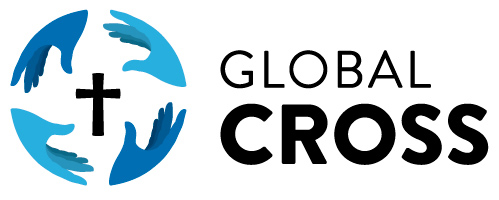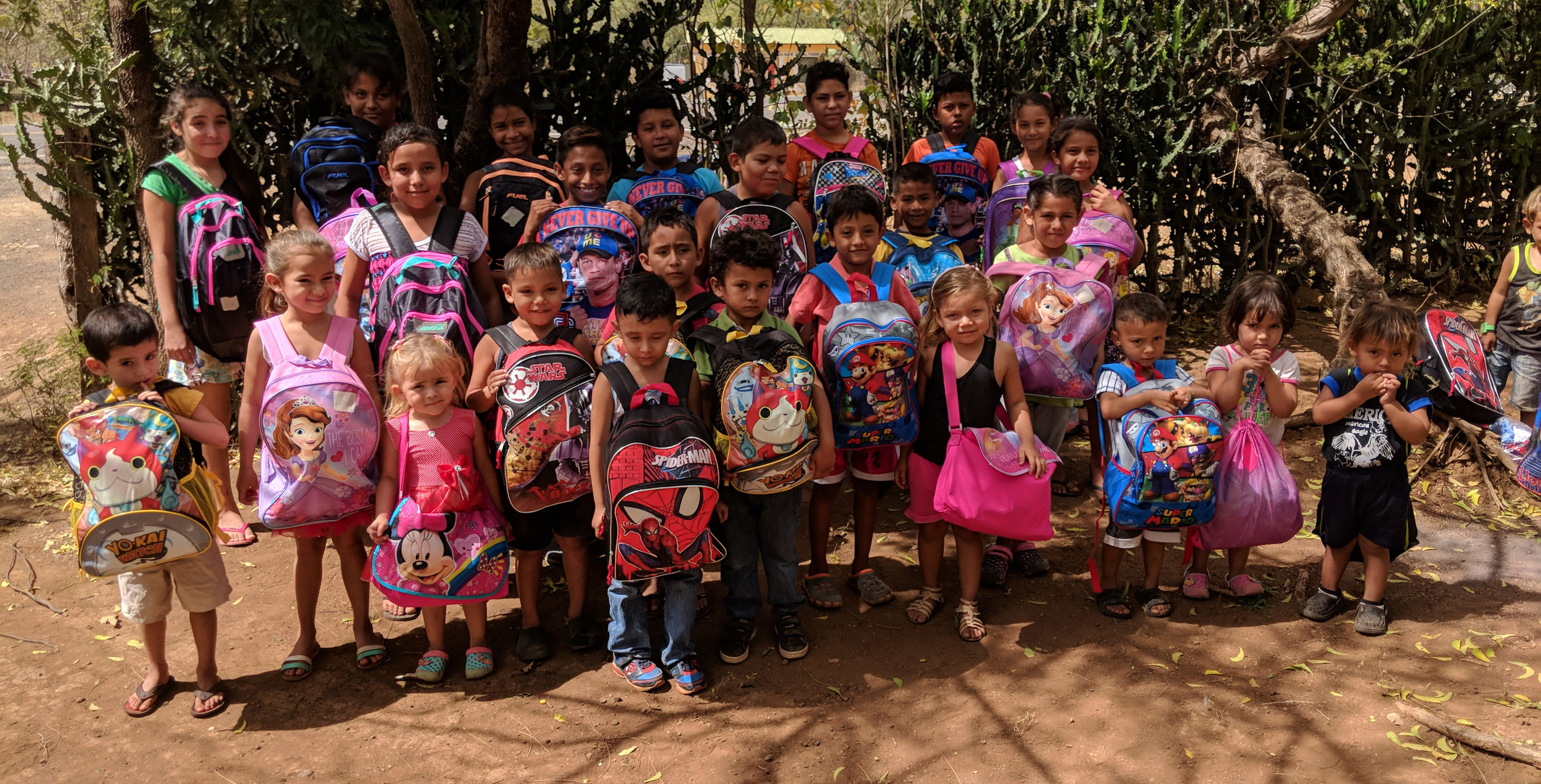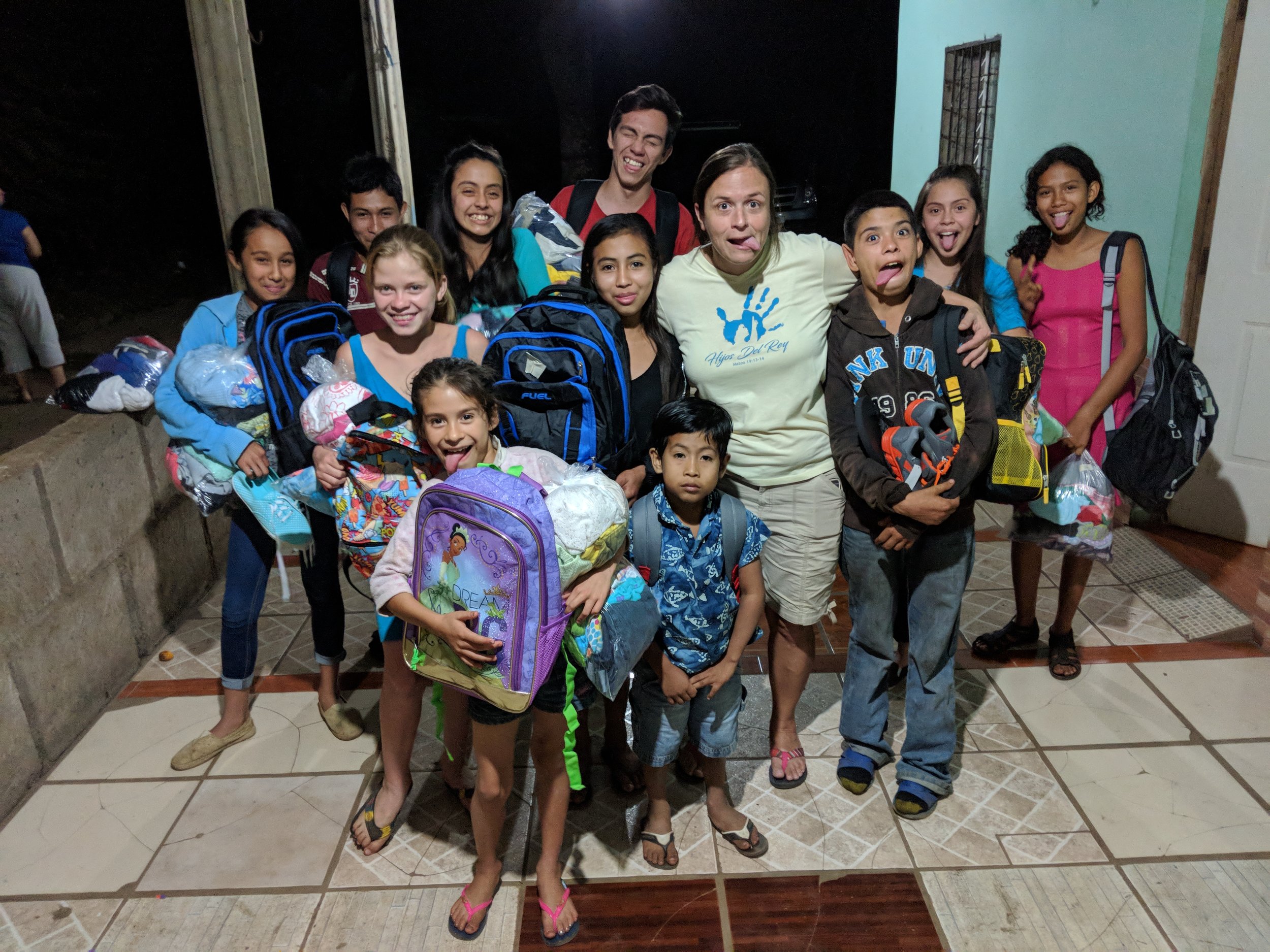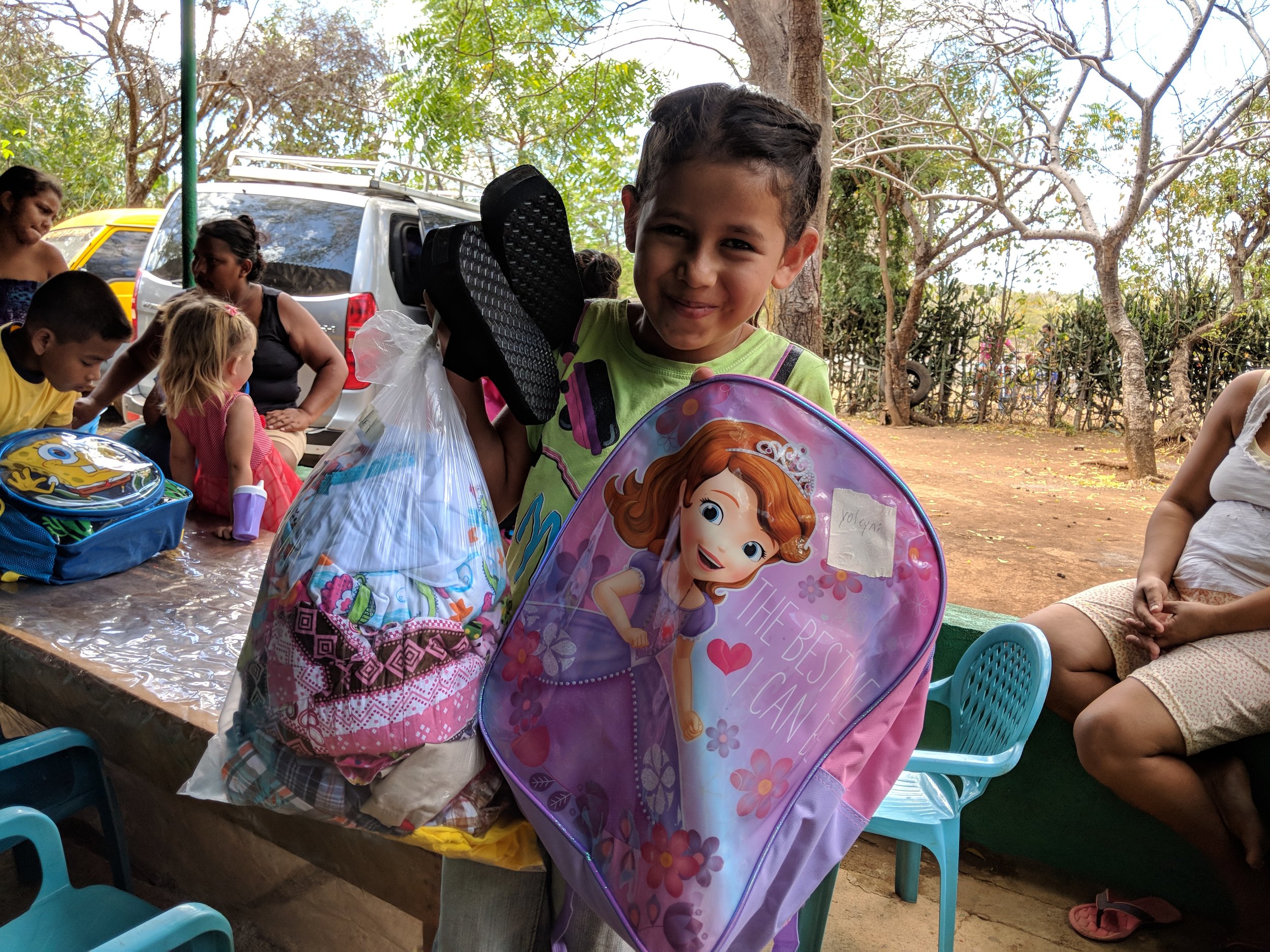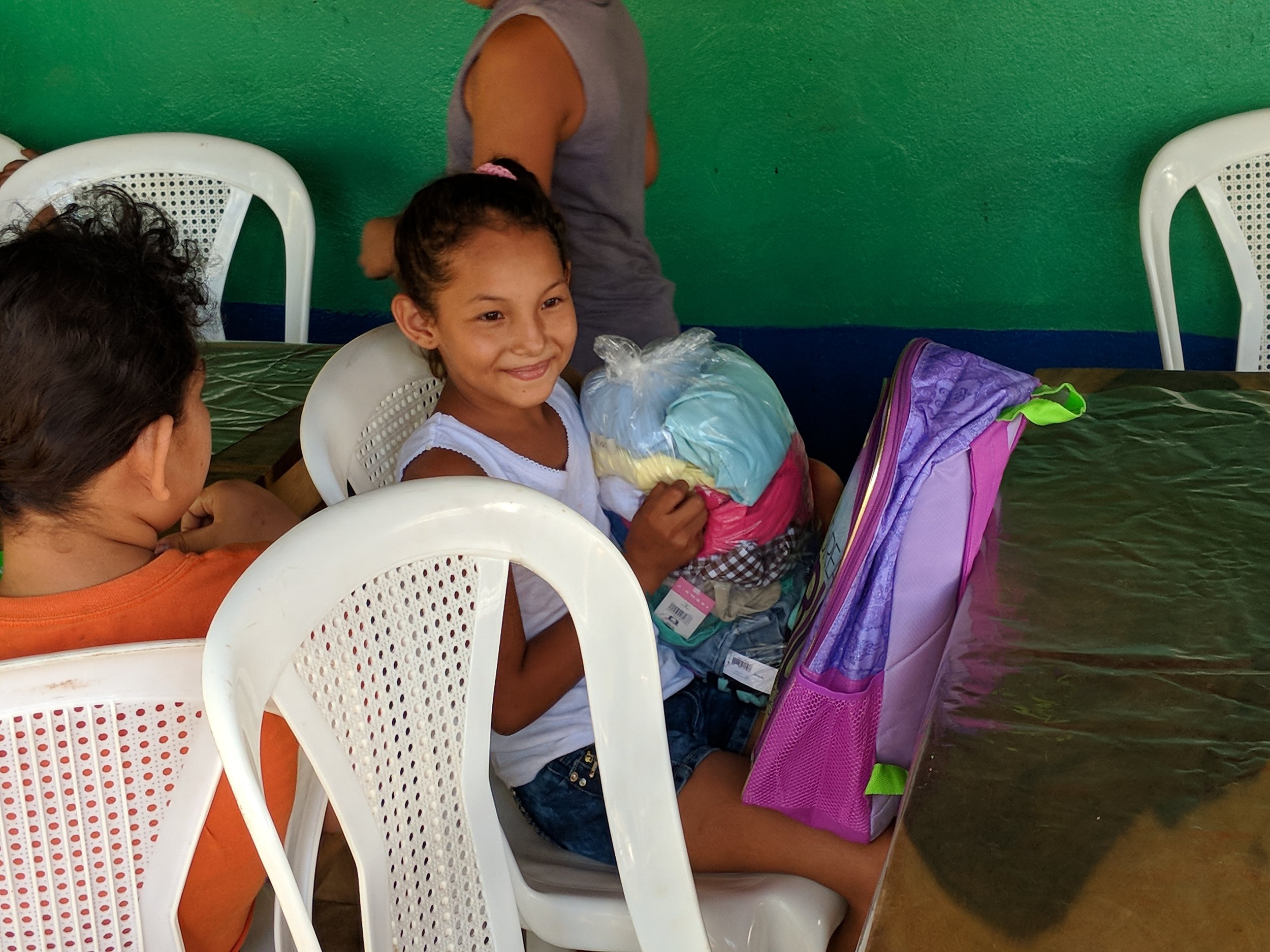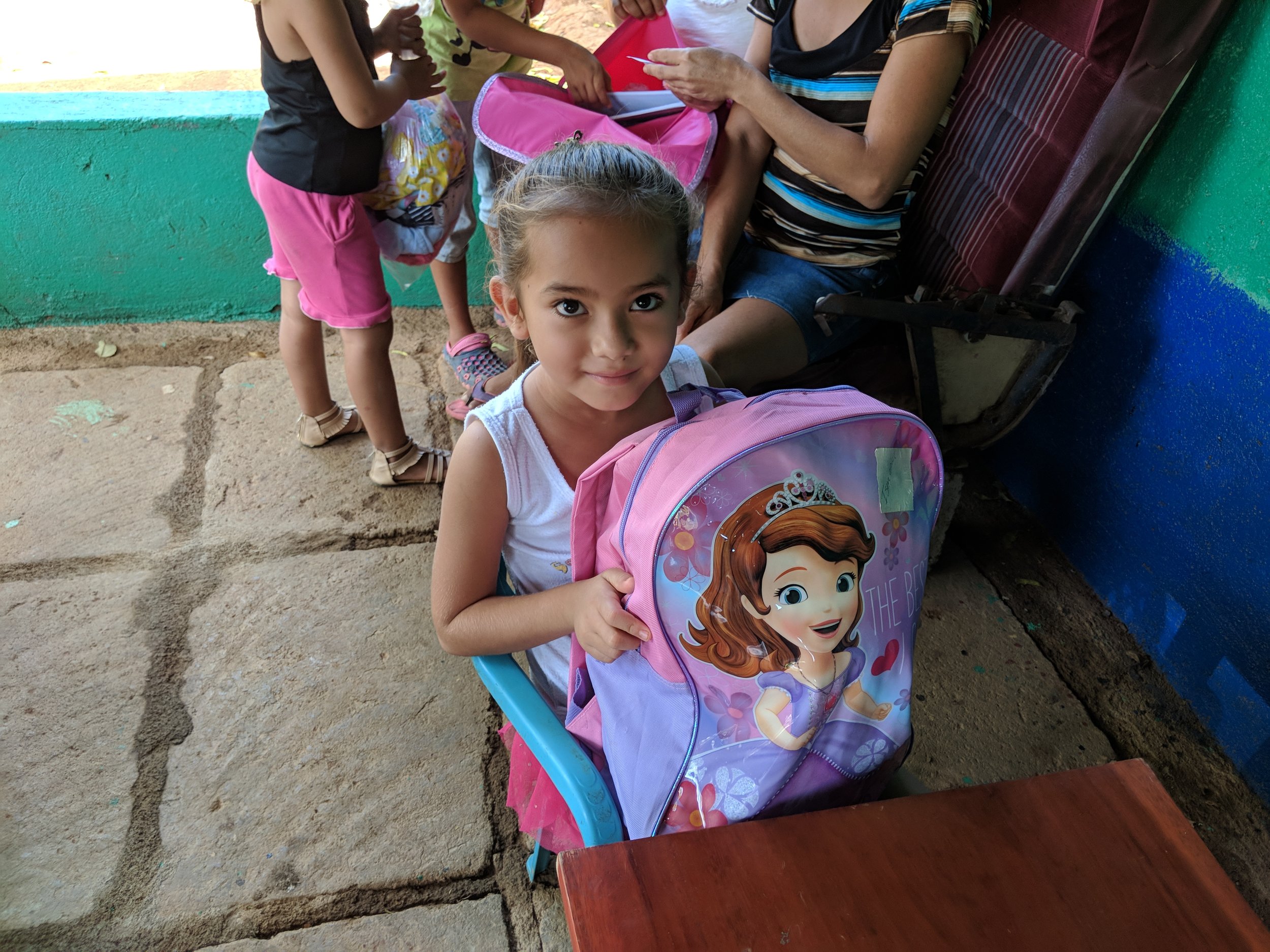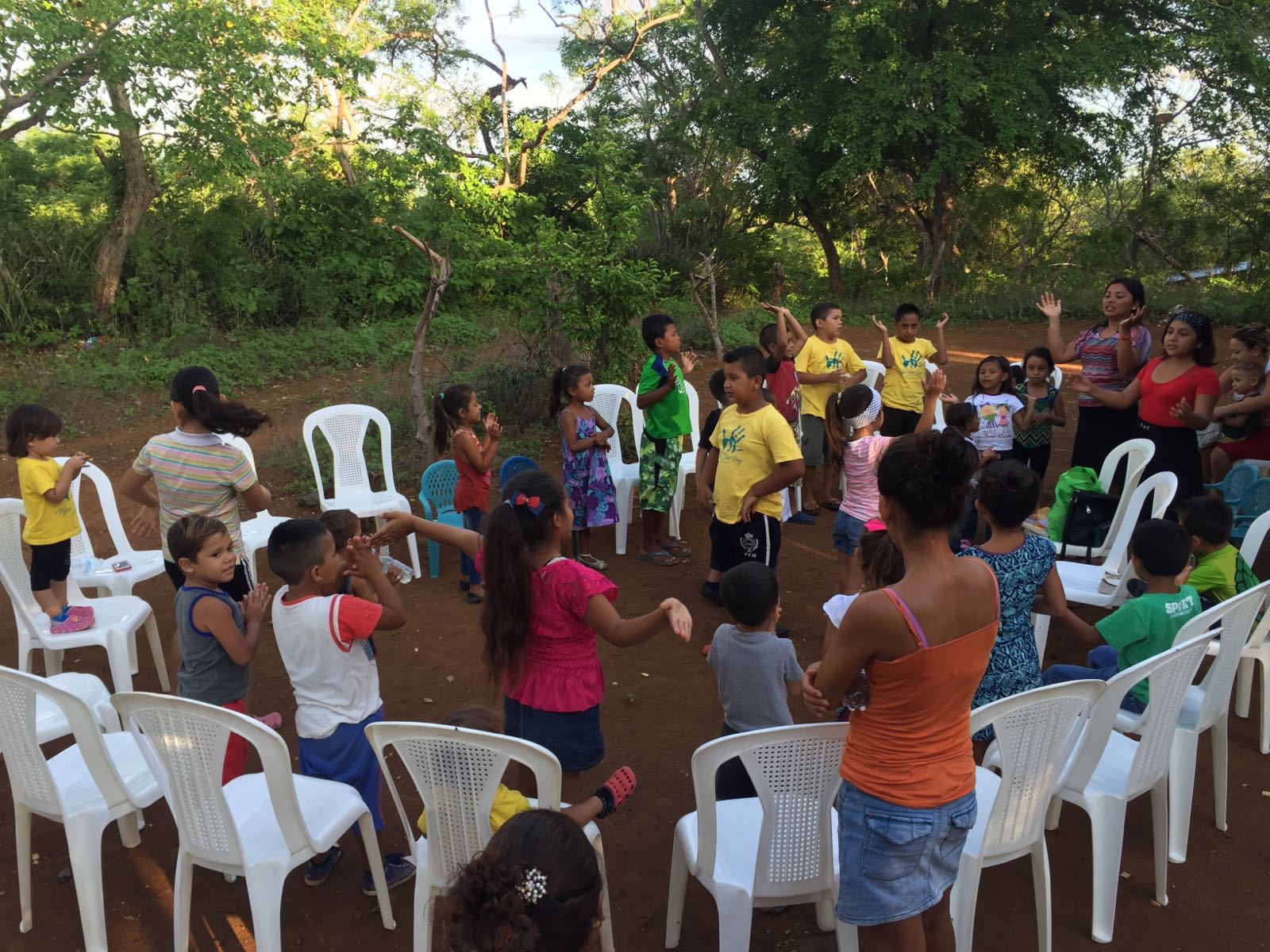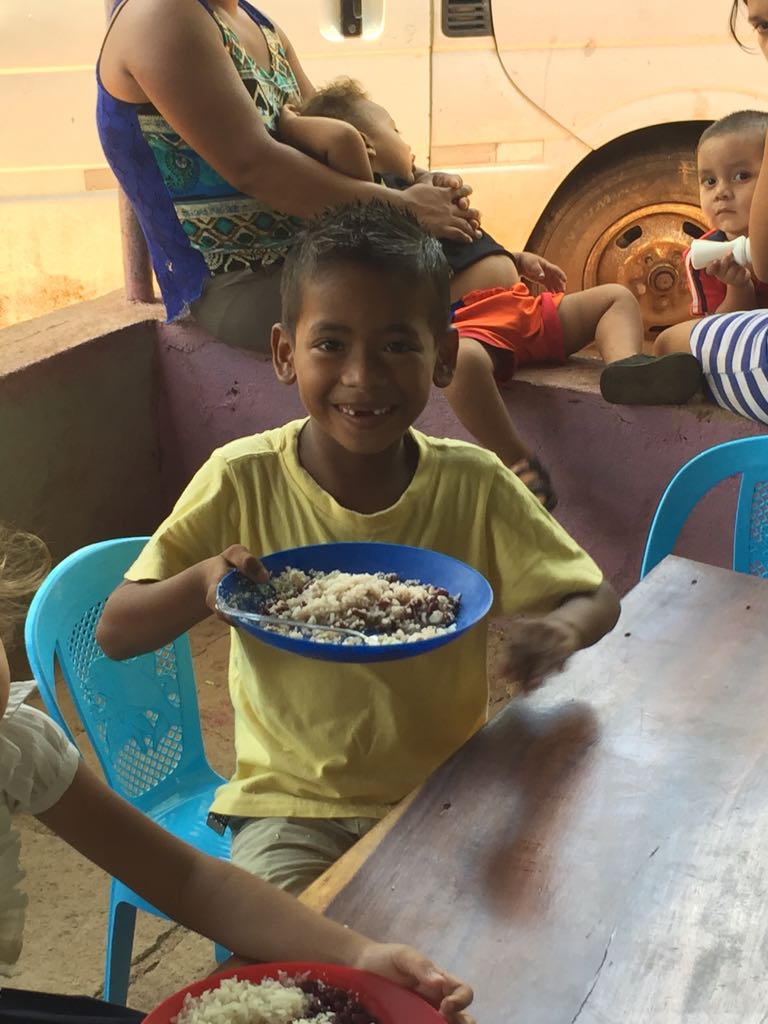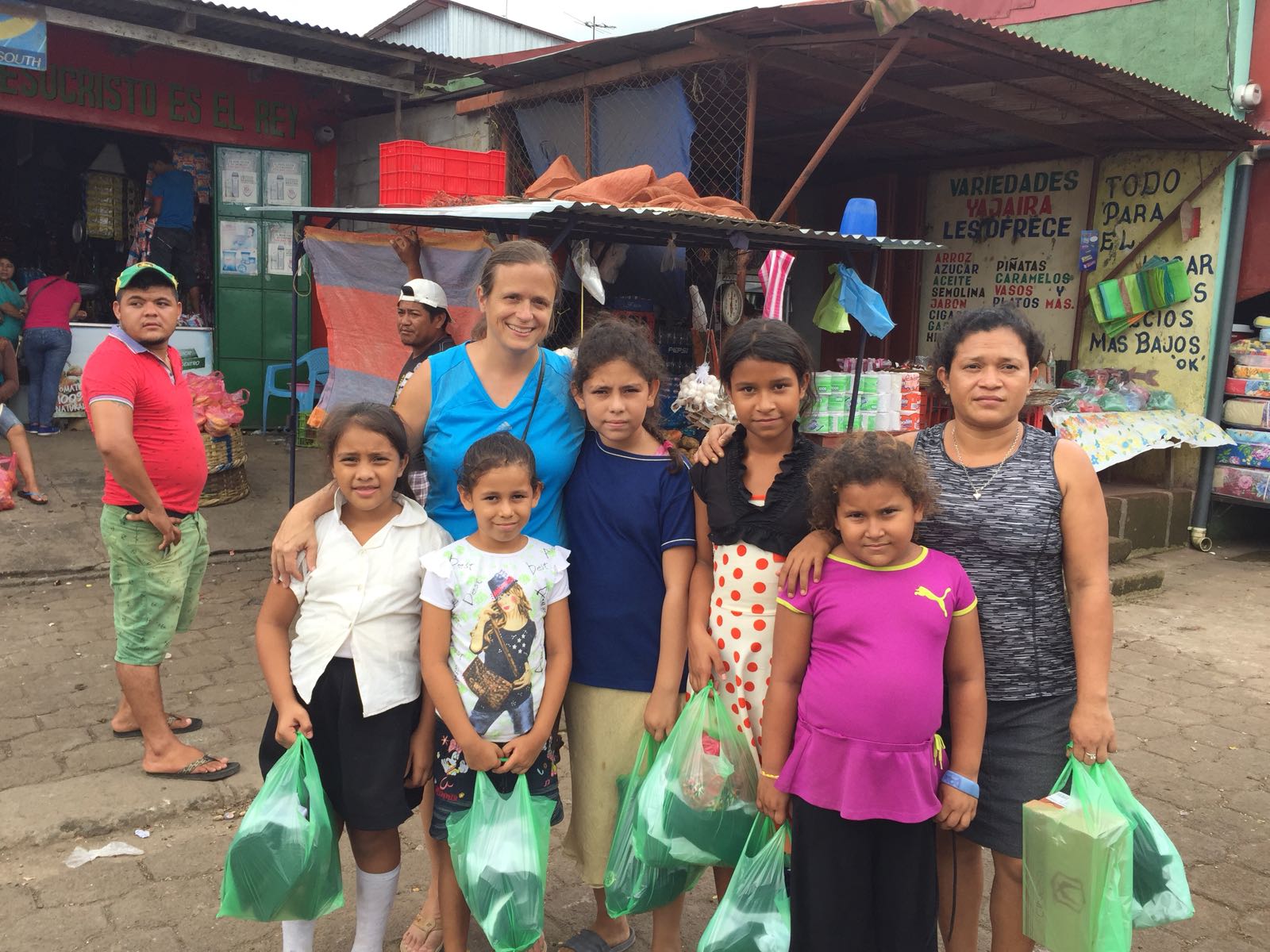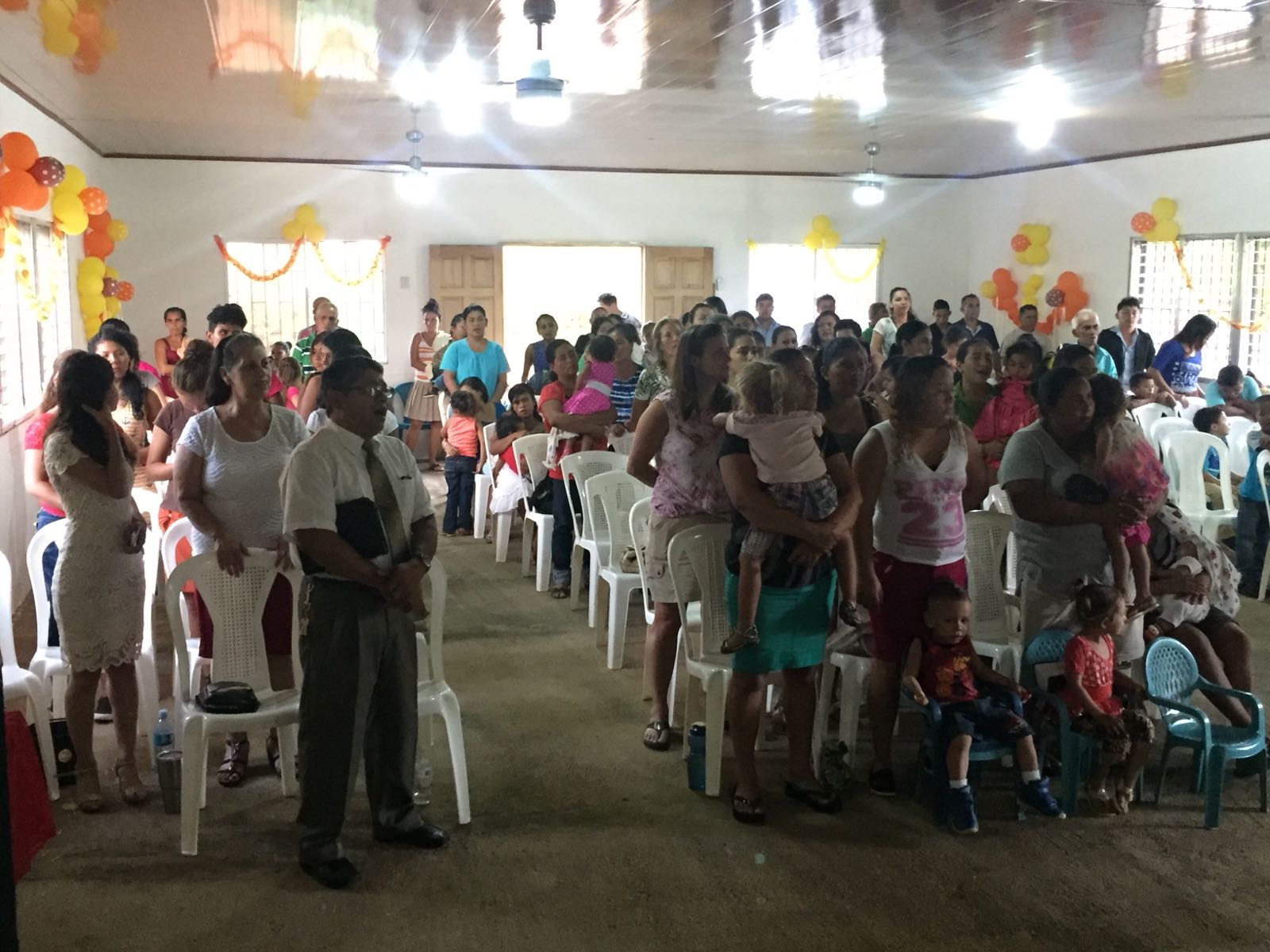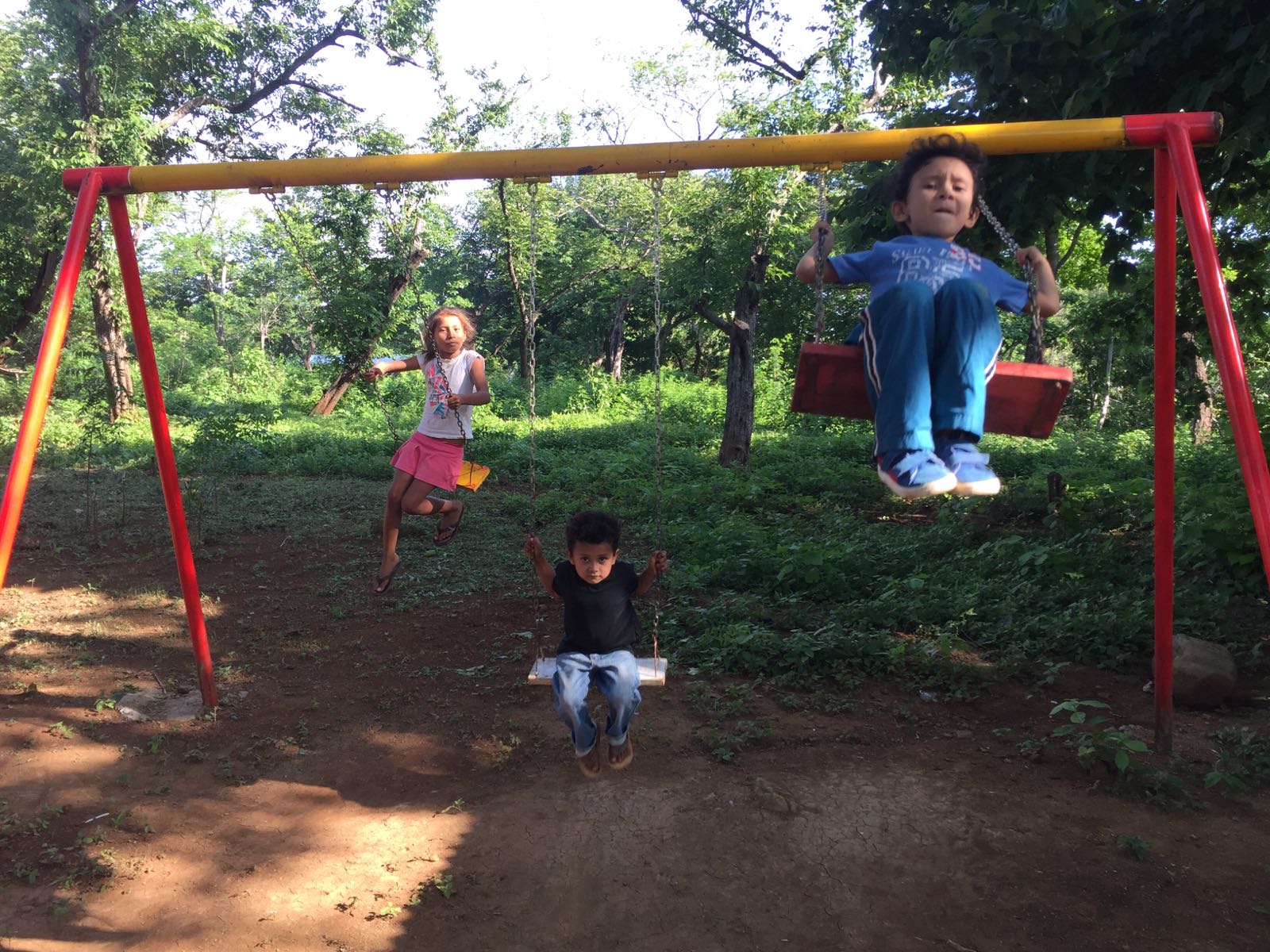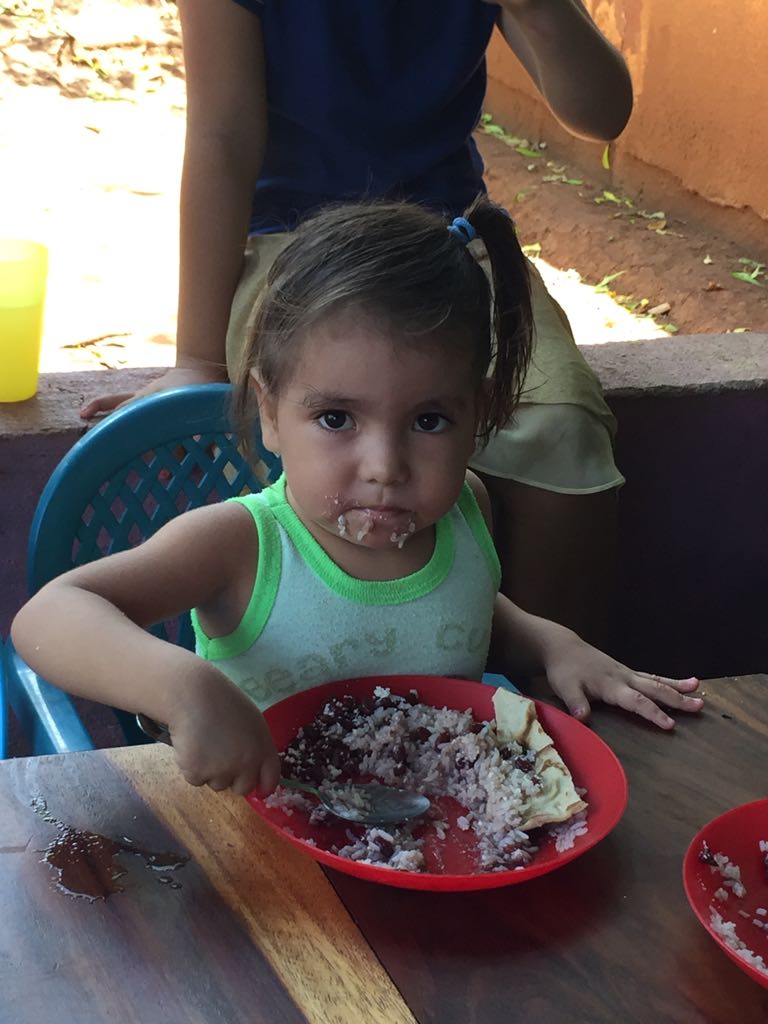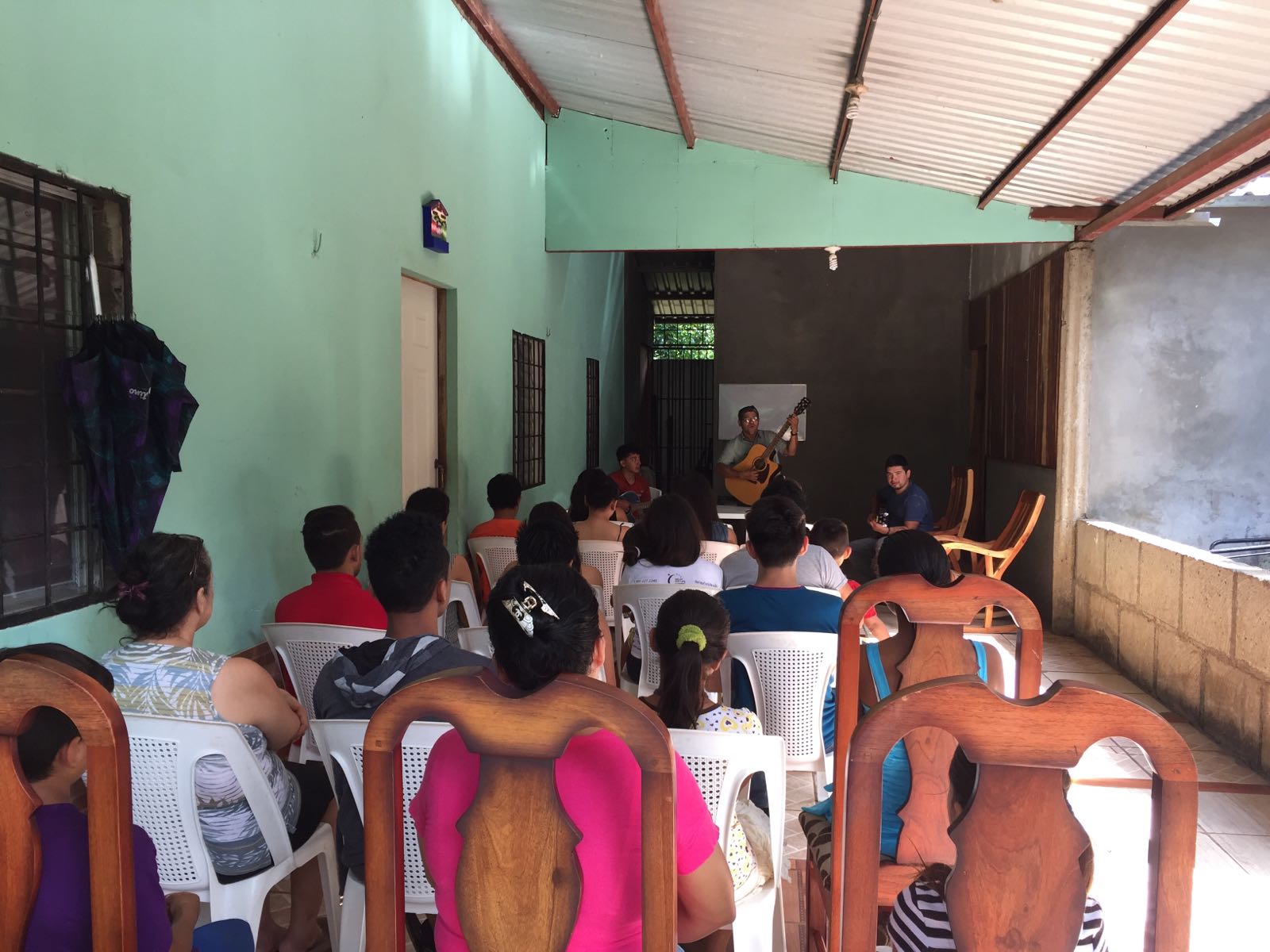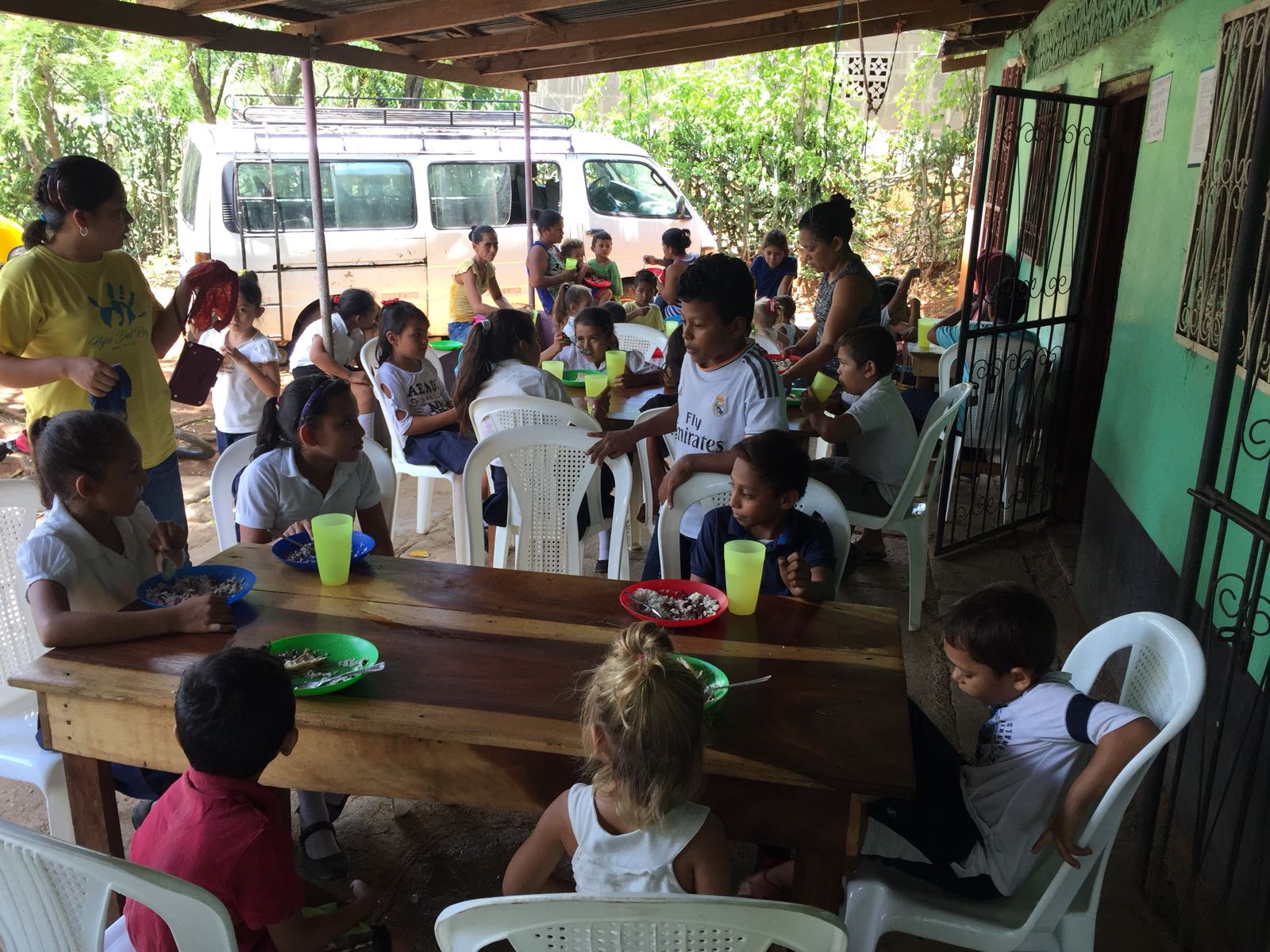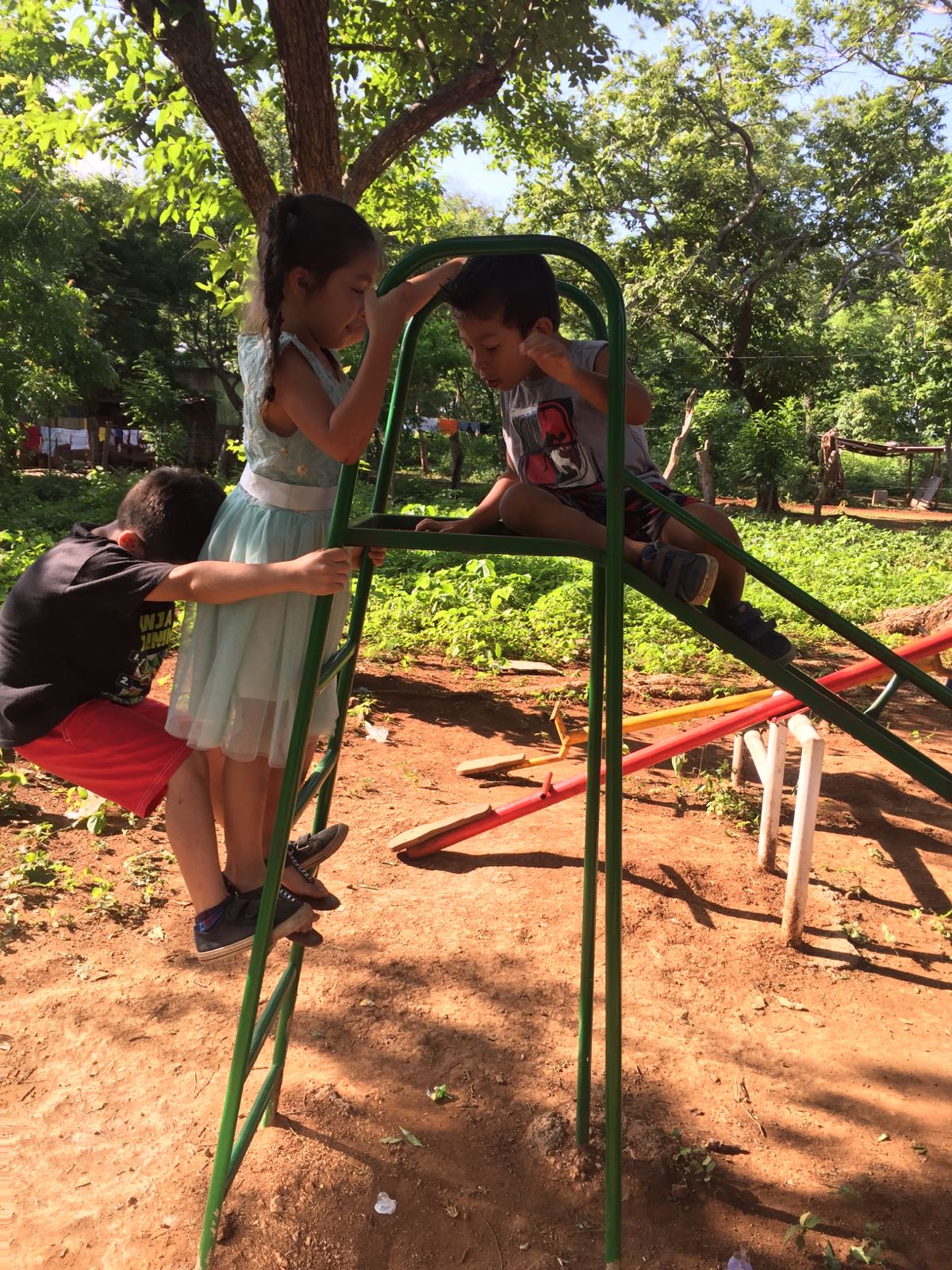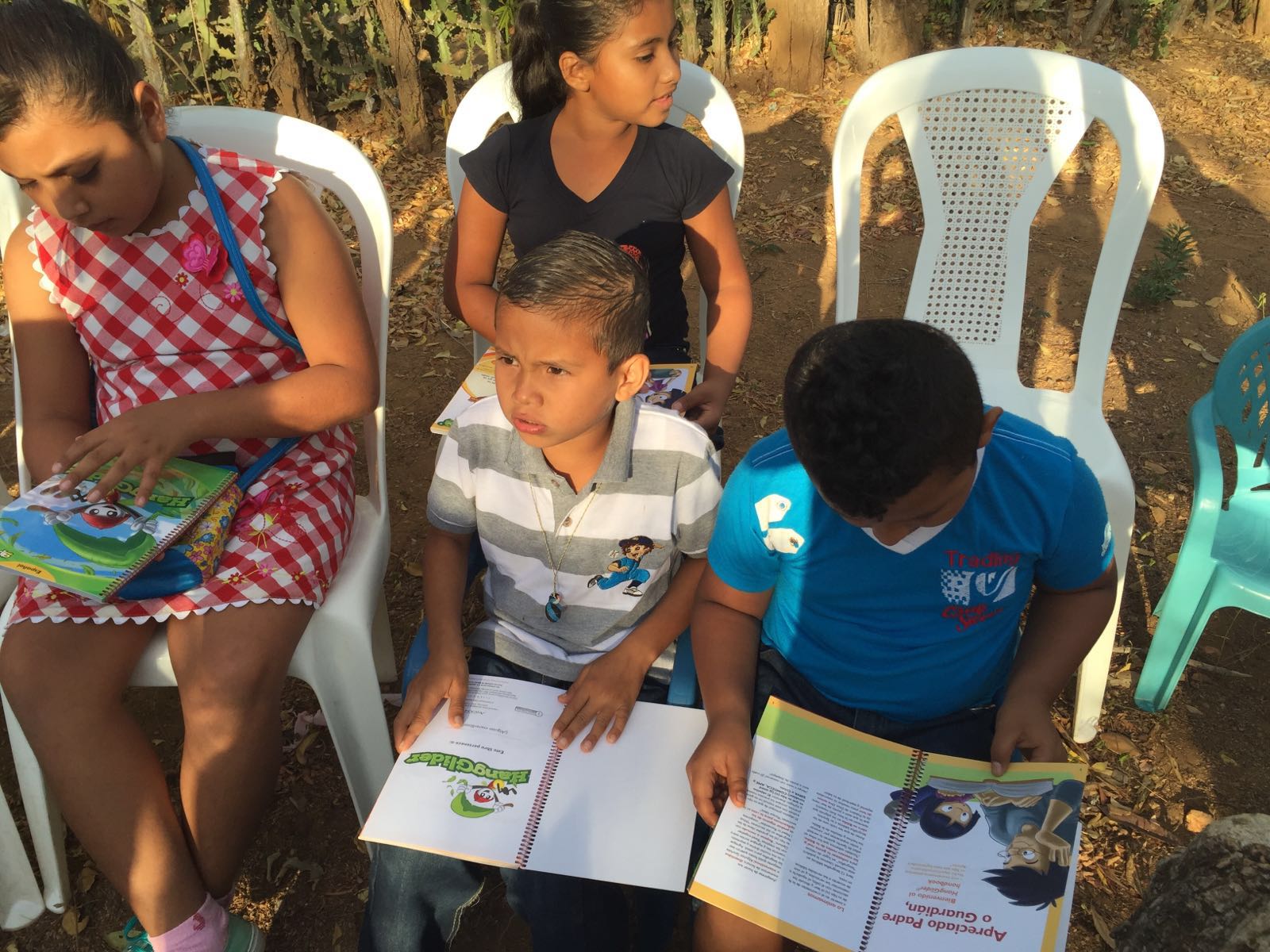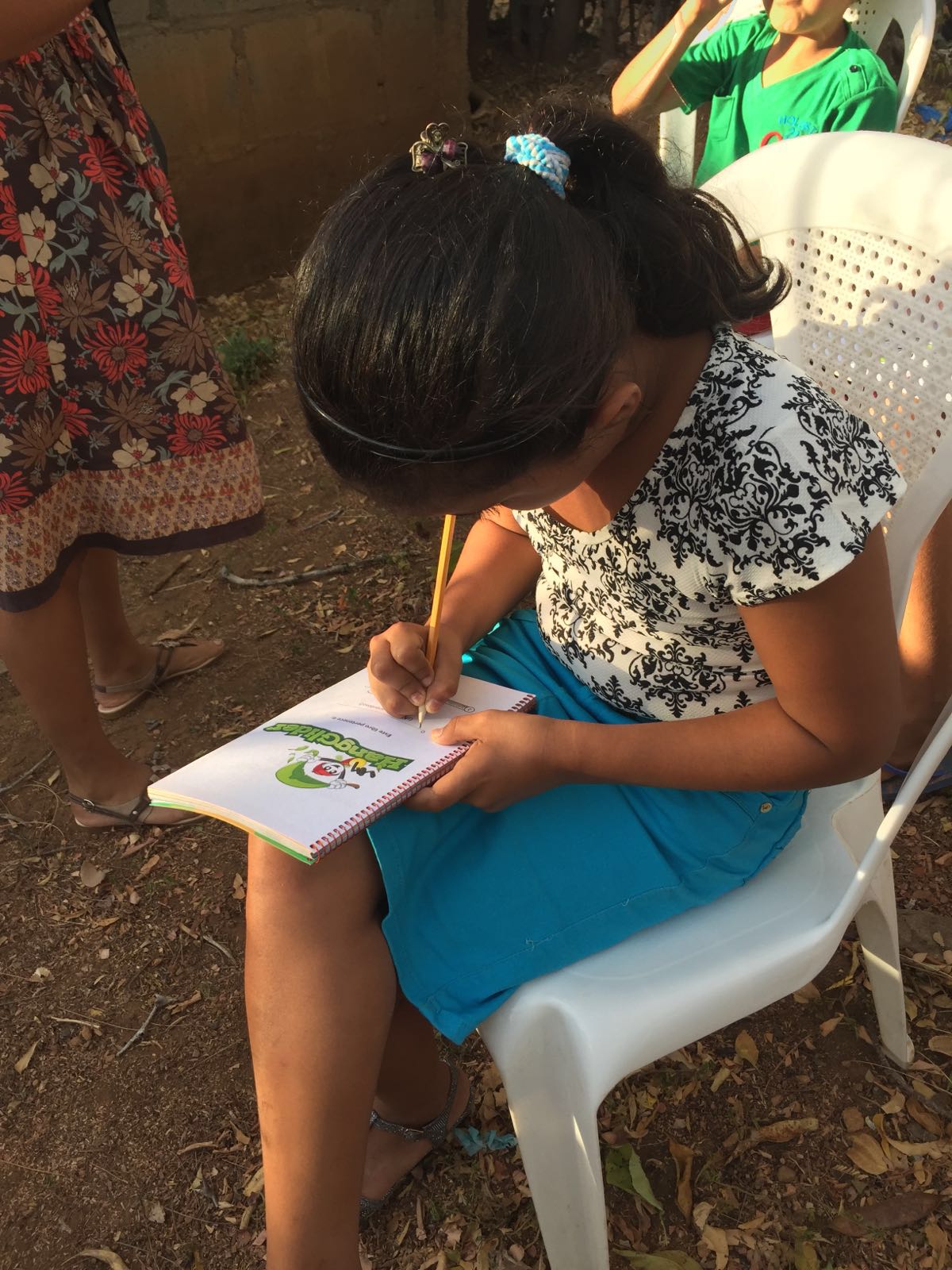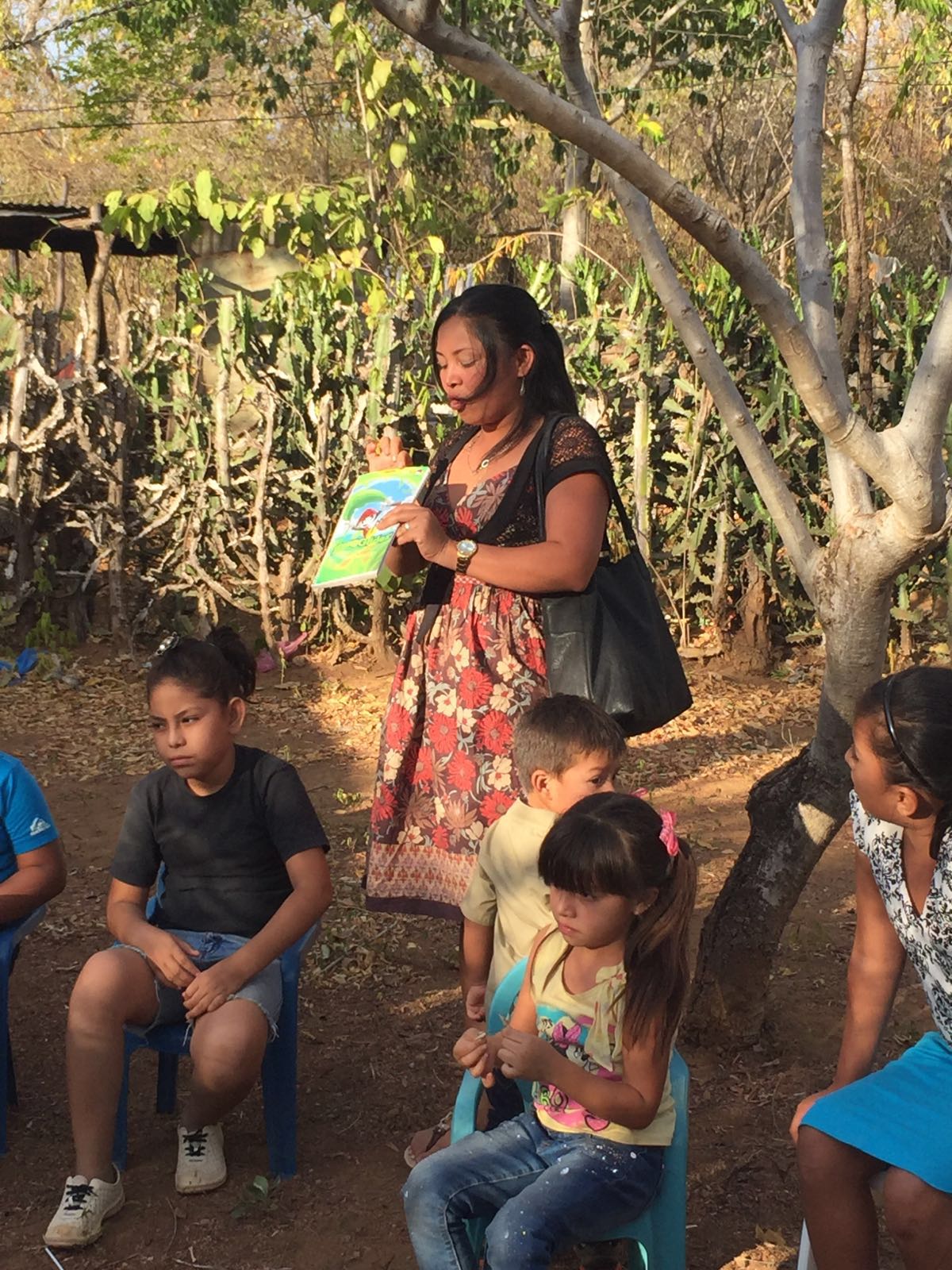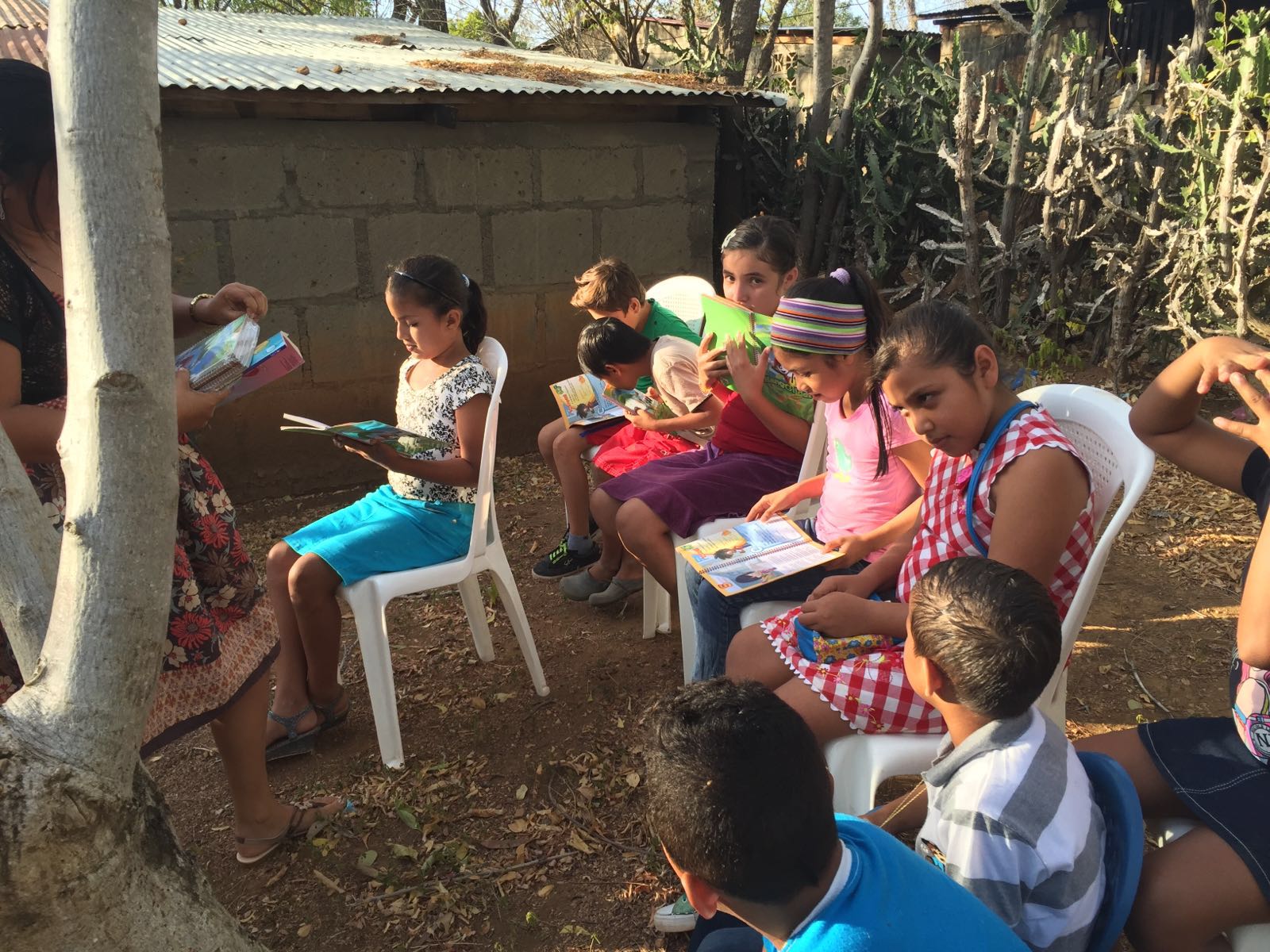Looking Back on 2018
/At the end of the year, we like to reflect on how the Lord has led and what He has accomplished, and glorify Him for it. We want to share a few of the developments in the past year and thank you for your support and continued prayer. Without your partnership, we simply would not be able to serve the Lord in these ways.
Nicaragua
Children at the feeding kitchen in Tepano.
The feeding kitchens in Diriamba and Tepano are serving meals to more than sixty children, five days a week. We built a kitchen at the new church in Tepano and moved the local feeding kitchen there. In addition to the kitchen, two classrooms were constructed at the property and tile was laid in the church. There were also some unexpected expenses at the feeding kitchens when we had to replace a refrigerator, water tank, and stove. We purchased a 2009 Toyota Hilux to transport food and sound equipment to both churches. House #13 was completed for an elder of the church in Tepano along with repairs for other homes. Pastor Luis’ son, Luenrry, was involved in a head-on collision with an SUV. Their motorcycle was totaled but Luenrry survived with a crushed arm and leg. He underwent two surgeries and we have helped with those medical expenses. Throughout the year we provided food, clothing, shoes, medicine, healthcare, school supplies, and more for the community and church family.
Ethiopia
Desalegyn and Thomas Berger of SIM receiving the microSD cards and duplicator.
We are returning to Ethiopia this January for ministry and Business As Mission (BAM) reasons. On the ministry side, we are participating in Phase II of the tablet project that began in August 2016. The Ethiopian Kale Heywet Church (EKHC) has purchased 2,400 tablets and memory cards for their pastors. Transporting discipleship and evangelism resources via microSD cards has proved to be an effective method so we also donated two memory card duplicators to speed the data transfer to the microSD cards. There are some awe-inspiring stories of Muslims coming to faith due to this ministry, and countless seeds are being planted boldly in the name of Jesus. On the business side, our construction sourcing company will be completing its first project in Ethiopia. There is a shortage of finishing materials in Addis Ababa so we imported cabinets and countertops. We will finish the project by providing training on their assembly and installation which will help with job creation. Funds from these projects are used to fund ministry efforts within Ethiopia. Lastly, we are in the early stages of helping the Evangelical Theological College obtain construction materials for their new thirteen-story building.
Ascensor
Junior and Jonatan working from their home office in Diriamba, Nicaragua.
Ascensor is a BAM project we started in July 2015 to help fund Pastor Luis’ ministry in Nicaragua and provide work for unemployed believers. In 2018, Ascensor donated more than $2,600 of their revenue to Pastor Luis’ ministry in addition to providing employment to two members of his team. We are actively looking for ways to grow their work load and hope to have something to report after the first or second quarter of 2019. Lastly, we are proud to say none of Ascensor’s revenue went to Global Cross or any of our other BAM companies. They are independent and multiplying in kingdom efforts for the glory of the Lord!
Asia
We are not able to discuss our Asian ministries in a public forum because the risk of persecution is too great for those working in the field. If you are one of our donors, you can expect to receive information about this sensitive ministry via postal mail.
It has been a great year at Global Cross Ministries and we thank God for how He has guided and provided throughout. It’s amazing when we look back to see how the Lord was there at each step and we are excited to see what he has in store for 2019.
